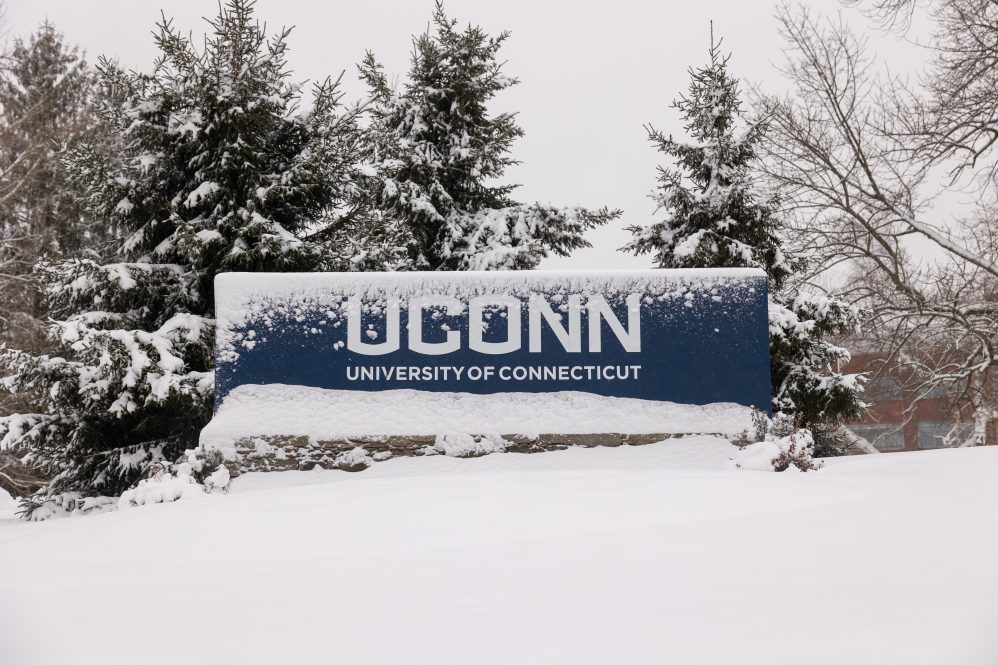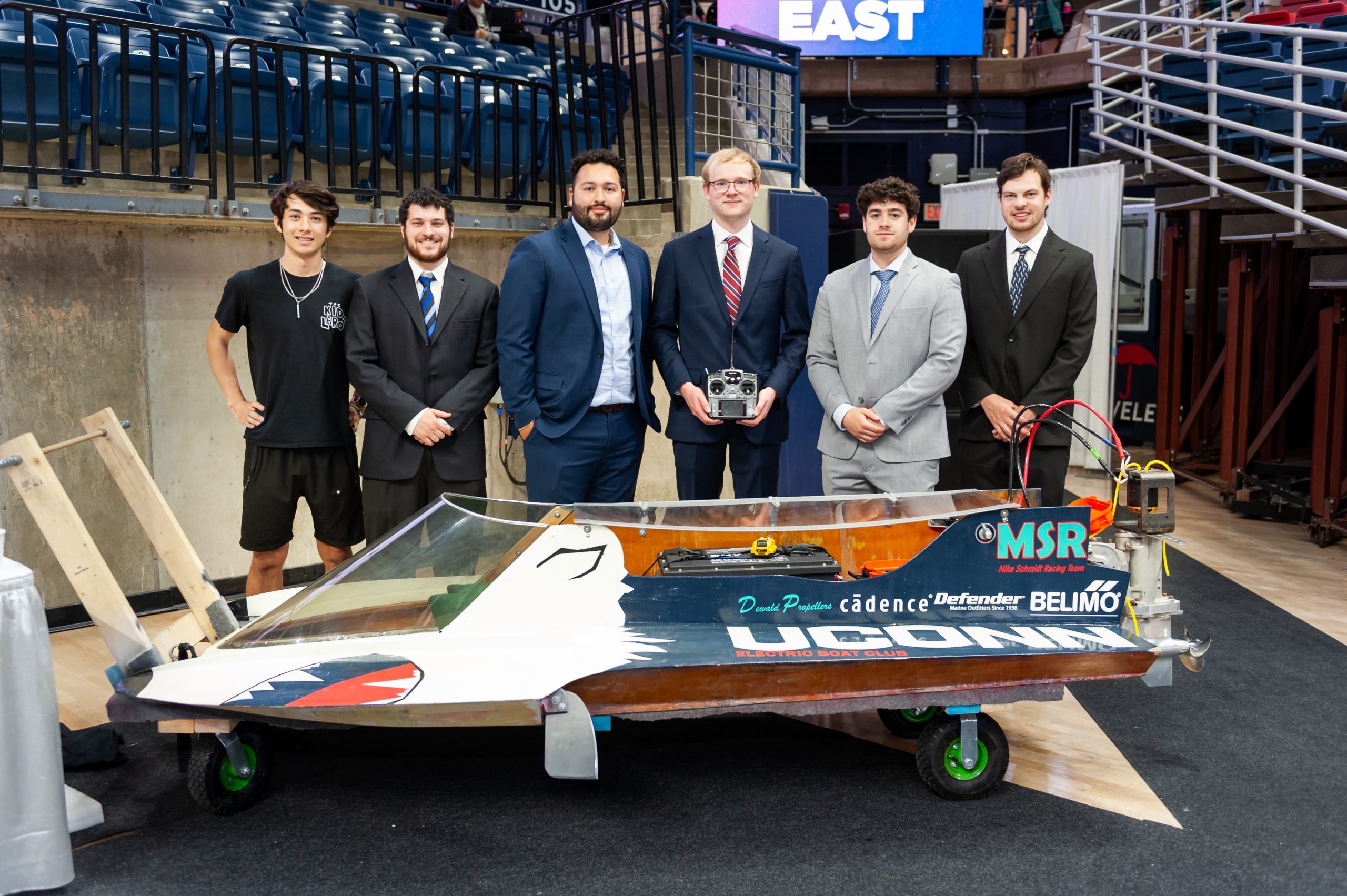The University of Connecticut is one of 40 colleges and universities in the United States to receive the 2024 Carnegie Community Engagement Classification, an elective designation that indicates institutional commitment to community engagement. The designation is determined by the American Council on Education (ACE) and the Carnegie Foundation for the Advancement of Teaching.
The classification is awarded following a process of self-study by each institution, which is then assessed by a national review committee.
“We recognize these institutions for their exceptional commitment to community engagement and their work to transform knowledge into meaningful action,” says Timothy Knowles, president of the Carnegie Foundation for the Advancement of Teaching. “They exemplify the true spirit of the Carnegie endorsement and the power of serving the public good.”
“Receiving the 2024 Carnegie Community Engagement Classification marks a significant milestone in our continuous journey of growth and impact,” says UConn Provost and Executive Vice President for Academic Affairs Anne D’Alleva. “This recognition reaffirms the University of Connecticut’s unwavering dedication to fostering meaningful partnerships and translating academic pursuits into actionable benefits for our communities, in fulfillment of our land grant mission. It’s a testament to the collective efforts of our faculty, staff, and students in nurturing a culture where education, research, and service intersect to advance societal well-being.”
The Carnegie Community Engagement Classification has been the leading framework for institutional assessment and recognition of community engagement in U.S. higher education for the past 19 years, with UConn also receiving classification in 2010.
“Now is the opportune moment to pay attention to these recently classified and re-classified institutions as they dedicate themselves to fortifying their public purpose missions. Let us draw inspiration from their remarkable contributions through community engagement, enhancing both teaching and research, and simultaneously benefiting the wider community,” says Ted Mitchell, president of ACE.
UConn’s Office of Outreach and Engagement submitted the application to the Carnegie Foundation last spring. Carnegie describes community engagement by institutions as collaboration between schools and their larger communities for the mutually beneficial exchange of knowledge and resources in a context of partnership and reciprocity.
“Earning this classification is a reward and a responsibility,” says Rosa Raudales, Director of UConn’s Office of Outreach and Engagement. “It validates UConn’s high standards when it comes to working with and for communities to address important issues. It is also a commitment to continue to do purposeful, impactful work.”
UConn has been committed to addressing the educational, economic, cultural, and health care needs of Connecticut since its inception, but how it does so varies from campus to campus as a function of the surrounding communities. UConn’s ability to respond to each community’s specific need is at the core of how community engagement is implemented. UConn campuses around the state, centers and institutes, academic departments, and UConn Extension all play a role in solving issues.
As a Research 1 University, UConn performs impactful research, which in many cases takes the form of engaged scholarship — meaning that questions or processes are conducted in collaboration with external partners or that the research is intentionally conducted to solve societal issues. These sustained efforts were highlighted in the application.
UConn has strong partnerships with nonprofit and private organizations. Community partners help inform about the efforts so UConn can work on issues that are meaningful and relevant.
UConn has intentional efforts to provide students with high-impact learning opportunities. In the last 10 years, service learning has been a growing method in which students have the opportunity to learn from the community about the subjects they are studying in classes.
Service-learning courses provide students with the opportunity to acquire citizenship skills and understand their role in societal change through direct application of knowledge about community projects and engagement. Community engagement and exposure to UConn students was another factor in obtaining this classification from the Carnegie Foundation.



